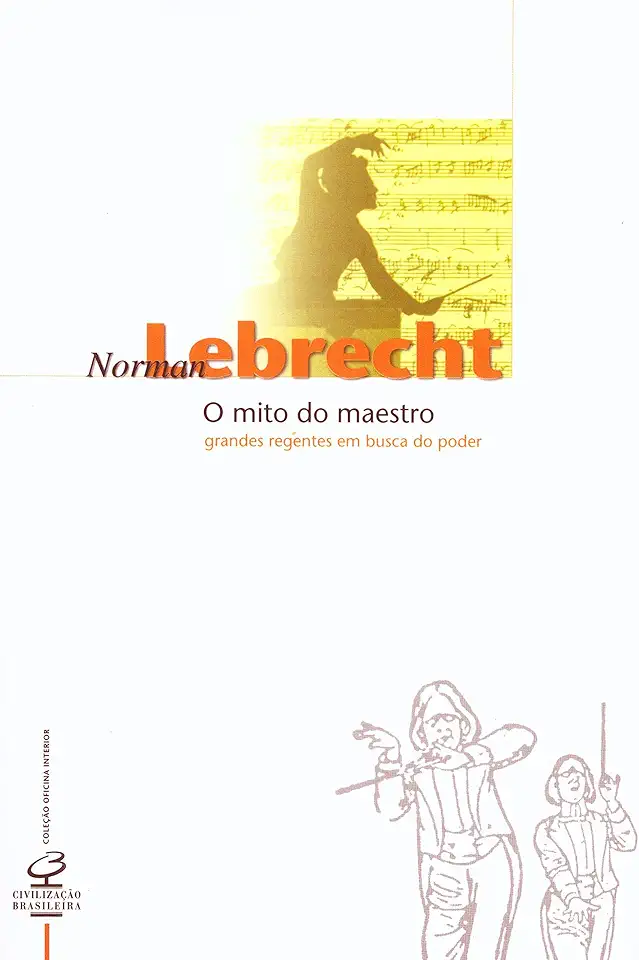
The Maestro Myth - Norman Lebrecht
The Maestro Myth: A Personal History of Conducting
Norman Lebrecht
Introduction
In his book "The Maestro Myth," Norman Lebrecht challenges the traditional view of the conductor as a musical genius who wields absolute power over the orchestra. Drawing on his own experiences as a music critic and journalist, Lebrecht argues that the role of the conductor is often overstated and that many of the great conductors of the past were actually more concerned with their own egos than with making music.
The Myth of the Maestro
Lebrecht begins by tracing the history of the conductor's role, from its origins in the early 19th century to its current status as one of the most powerful positions in the music world. He argues that the myth of the maestro was created by a combination of factors, including the rise of the Romantic movement, the increasing popularity of orchestral music, and the need for a single figure to lead and control the large ensembles that were becoming increasingly common.
The Real Role of the Conductor
Lebrecht argues that the real role of the conductor is much more limited than is commonly believed. He contends that conductors do not actually "interpret" the music, but rather simply provide a framework for the musicians to play together. He also argues that conductors often do more harm than good by imposing their own ideas on the music, rather than allowing the musicians to play it as they see fit.
The Cult of Personality
Lebrecht is particularly critical of the cult of personality that has grown up around conductors. He argues that many conductors are more interested in promoting their own careers than in making music, and that they often use their positions to bully and intimidate their musicians. He also argues that the media has played a role in perpetuating the myth of the maestro, by focusing on the personalities of conductors rather than on the music they make.
The Future of Conducting
Lebrecht concludes by arguing that the traditional model of conducting is no longer sustainable. He calls for a new generation of conductors who are more focused on making music than on promoting their own careers. He also calls for a greater appreciation of the role of the musicians, who are the ones who actually make the music.
Conclusion
"The Maestro Myth" is a provocative and iconoclastic book that challenges many of the traditional assumptions about conducting. Lebrecht's arguments are well-supported by evidence, and he writes with a passion and conviction that is sure to engage readers. Whether you agree with him or not, "The Maestro Myth" is a must-read for anyone interested in classical music.
Why You Should Buy This Book
If you are a fan of classical music, then "The Maestro Myth" is a must-read. Lebrecht's insights into the world of conducting are fascinating and thought-provoking, and his writing is both entertaining and informative. You will come away from this book with a new understanding of the role of the conductor and a greater appreciation for the music itself.
Here are a few reasons why you should buy "The Maestro Myth" today:
- It is a well-written and entertaining book that will appeal to a wide range of readers.
- It challenges the traditional view of the conductor as a musical genius and provides a more realistic understanding of the role of the conductor.
- It is full of fascinating insights into the world of classical music.
- It is a must-read for anyone interested in classical music.
Don't miss out on this opportunity to learn more about the world of classical music and the role of the conductor. Order your copy of "The Maestro Myth" today!